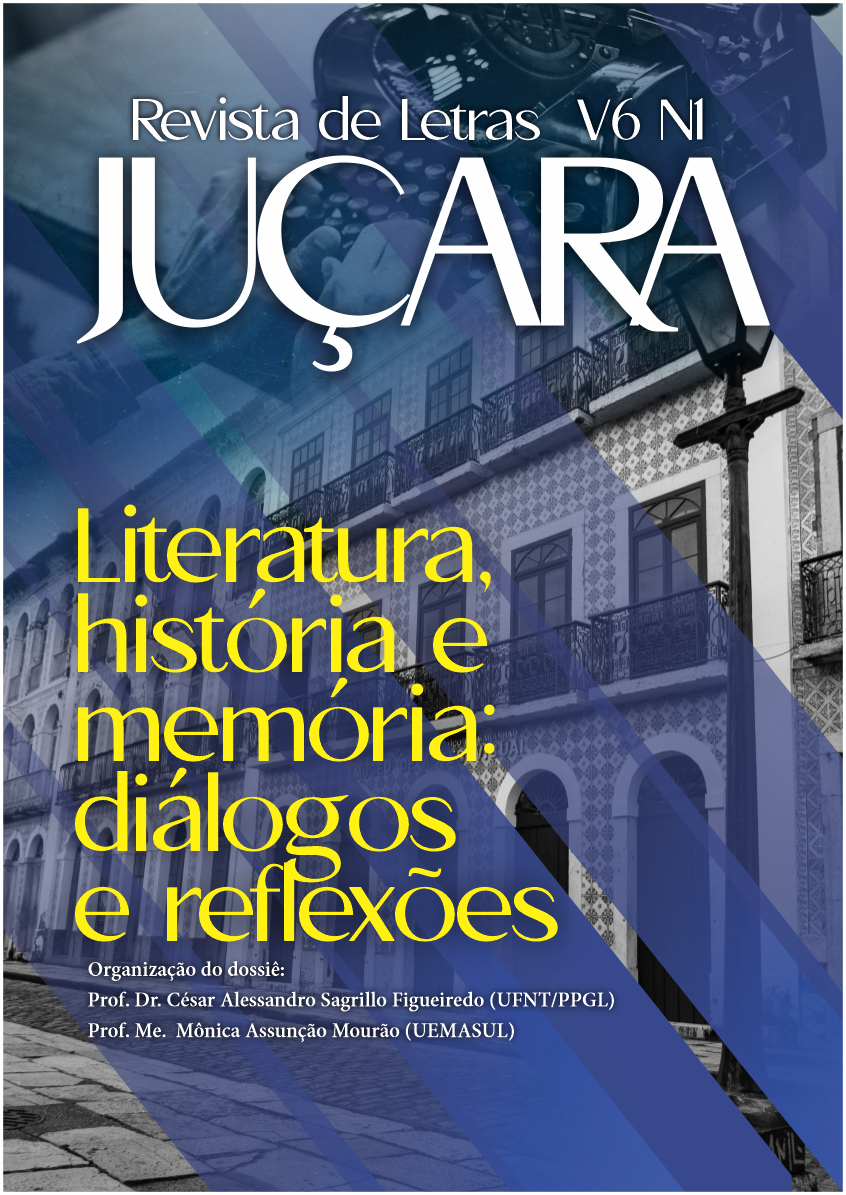“OLHAR NEGRO” AND “TRAÇOS DE ANTONIETA”: MEMORY IN THE DIMENSION OF SENSITIVE BY BLACK POETS WORKS FROM SANTA CATARINA STATE
DOI:
https://doi.org/10.18817/rlj.v6i1.2790Abstract
Brazilian black literature has faced many obstacles to having its works recognized as artistic production of intellectual value, especially in the case of women writers. Following the antiracist and feminist movements, black literature since its first works has used the word as an act of resistance against racism, echoing these silenced voices in the process of domination of people of African origin. This research is the result of the analysis of two works by contemporary black poets from Santa Catarina Iratan Curvello with “Olhar negro” and Edenice Fraga with “Traços de Antonieta”. Both assume their race and color and use their poetry to reference other militant black writers of the abolitionist cause and the fight against racial prejudice. The poems have elements that mention African oral tradition, denounce the wounds inherited from slavery, portray black women as warriors demanding visibility and rights, and are also resilient, supported by faith. Mapping the intrinsic meanings of these writers opens up for a discussion about the place of speech of subalternized groups generated in the historical process of colonialism and how black literature emerges as a political act bringing the sensibilities of black eyes.
Keywords: Black literature. Resistance. Memory. Racial Identity.
Downloads
Published
How to Cite
Issue
Section
License
Copyright (c) 2022 Maeles Carla Geisler, Marta Helena Curio de Caetano

This work is licensed under a Creative Commons Attribution 4.0 International License.
A submissão de originais para a Revista de Letras Juçara implica na transferência, pelos autores, dos direitos de publicação. Os direitos autorais para os artigos publicados nesta revista são do autor, com direitos da revista sobre a primeira publicação. Os autores somente poderão utilizar os mesmos resultados em outras publicações indicando claramente a Revista de Letras Juçara como o meio da publicação original.


